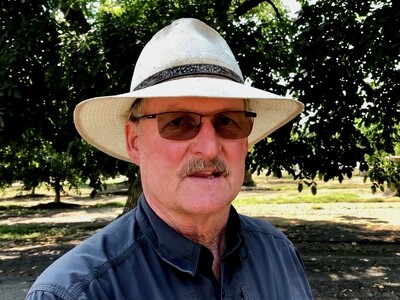Citrus Compound Breakthrough at UA
At The University of Alabama, a team of scientists has been working to solve a problem that has followed naringenin for years. Naringenin is a natural flavonoid found in citrus fruits, and growers have long known its value. It carries strong anti inflammatory and antioxidant properties, yet the body absorbs only a small amount. Most of it breaks down in the stomach, and what survives has difficulty crossing the intestinal wall.In UA’s Drug Research and Engineering for Advanced Medicine Laboratory, researchers found a way to protect and guide the compound. They created a biodegradable polymer shell and coated its surface with additional naringenin molecules. These molecules act as ligands that bind to specialized receptors throughout the gut. Once attached, they help the medicine enter the body rather than being blocked.
“This is the first time a single molecule has been used to both guide and heal,” said Dr. Meenakshi Arora, the project’s lead researcher. In mouse models of acute kidney injury, the dual function nanoparticles reduced inflammation, restored immune cell function and reversed immune exhaustion. Almost all components are already approved for human use, and the team is preparing to test the system for other conditions.
It might not be a citrus health story, but it is showcasing how important it is to keep fighting for an industry with deep roots and undeniable potential.

















